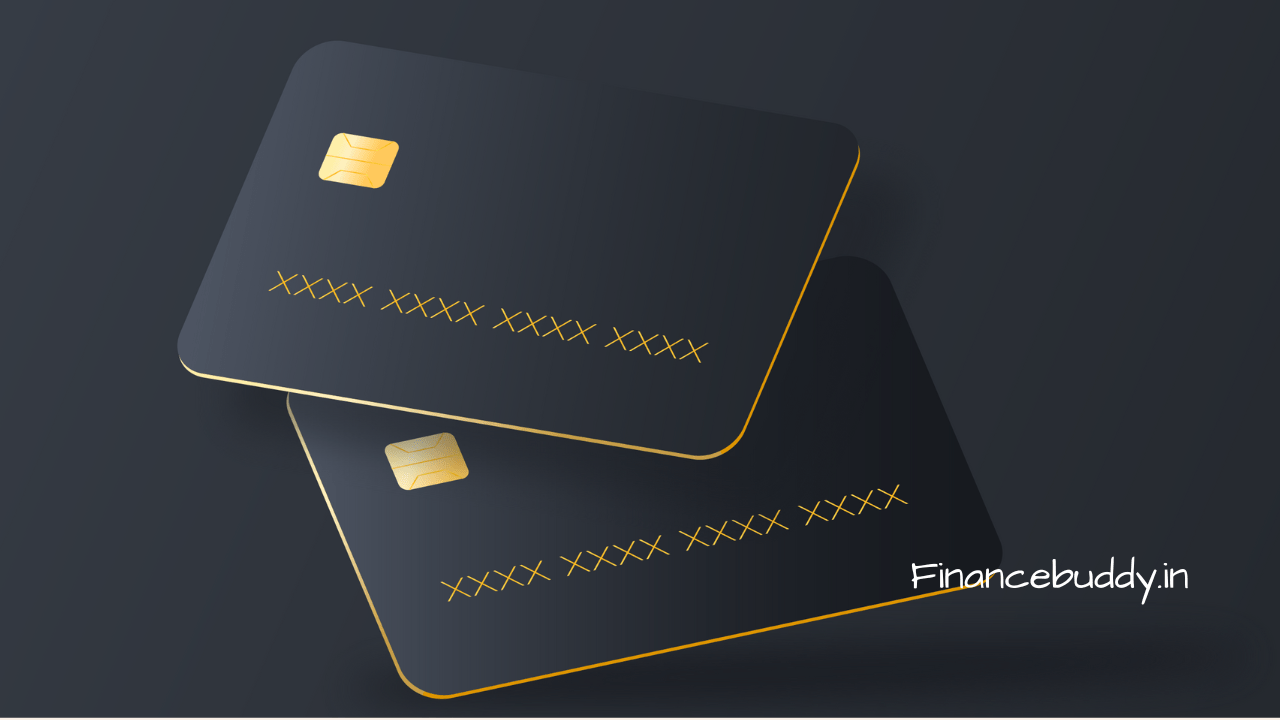In our previous post, we shared info about premium credit cards in India. These cards have some premium benefits.
But there are some other cards also available which are considered Super Premium Credit Cards and only millionaires hold these credit cards in their pocket.
Super Premium Credit Cards In India
If you want to apply for these cards you must have a good annual income and only a bank invitation can allow you to do so.

Banks usually offer these cards to their selected customers who have a strong financial base as these cards also have a high annual fee and it’s not easily affordable.
Most of the Super Premium Credit Cards in India require a high net income of a minimum of 36 Lac Per annum.
But sometimes based on your relationships with the bank, you can get an invitation to upgrade your existing cards, where you can avail of these super-luxury credit cards on your current income base.
Amex Platinum Credit Card
Amex Platinum is one of the super-premium credit cards in India.
This card can bring you almost every feature and benefit which is called luxury.
With no predecided credit limit, Lounge access facility, Domestic and international luxury and concierge services and facilities you can enjoy every feature of this card.
In India, This card has an annual fee of 60K INR.
HDFC Infinia Credit Card.
HDFC Infinia is the most premium credit card available in HDFC Bucket right now.
This card offers almost every premium service to the customers.
With No Pre Set Spending Limit, you can enjoy its super-premium features including travel, shopping, rewards, and concierge services worldwide.
The card has an annual fee of 10K INR + Taxes.
Yes Private Credit Card
It’s not so old that Yes Bank launched its first credit card for retail customers in India.
And now Yes Bank has some super Luxury Credit cards in its bucket.
The Yes Bank Private Credit card is truly a card with super-rich features including travel, Lifestyle, Golf Benefits, High Rewards Benefits, International privileges,
- 1st Year Membership Fee: Rs.50,000 + Applicable Taxes
- Renewal Membership Fee: Rs.10,000 + Applicable Taxes, reversed on spends of Rs. 25,00,000 within 12 months before the renewal
Yes First Exclusive Credit Card
You Can experience the world of exclusive privileges with a YES FIRST Exclusive Credit Card.
YES FIRST Exclusive Credit Card offers an unmatched combination of lifestyle benefits, powerful rewards, and convenience with utmost safety.
It is your key to a world of coveted premium services.
You can apply for this credit card if you have received a bank invitation.
Eligibility for These Super Premium Credit Cards
Unlike the other basic credit cards, you can not apply for these cards directly. Banks generally offer these cards through the invitation process to their premium customers only.
The customer who has a good monthly income is either salaried or self-employed.
Most of the super-premium credit cards required a minimum income of 3 lac to 10 lac per month.
If you choose a super premium credit card then this requirement can be a minimum of 30 lac per annum.
Other Mandates:
- The applicant must be an Indian citizen.
- His/Her age should be a minimum of 21 years to a maximum of 60 years while applying for any card.
- The applicant should be a Salaried or Self-employed person.
- Minimum net salary of INR 300,000 per month or Income Tax Return of INR 50.00 Lacs and above.
- Must have a good credit score higher score is better. A credit score between 750 to 900 is considered a good credit score for any finance application.
Also Read :
21 Best Credit Cards In India.
3 Secured Credit Cards To Rebuild Your Bad Credit.
3 Best Entertainment Credit Cards In India.
How To Save Money With Credit Cards?

Leave a Comment